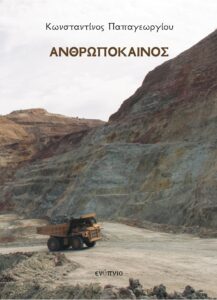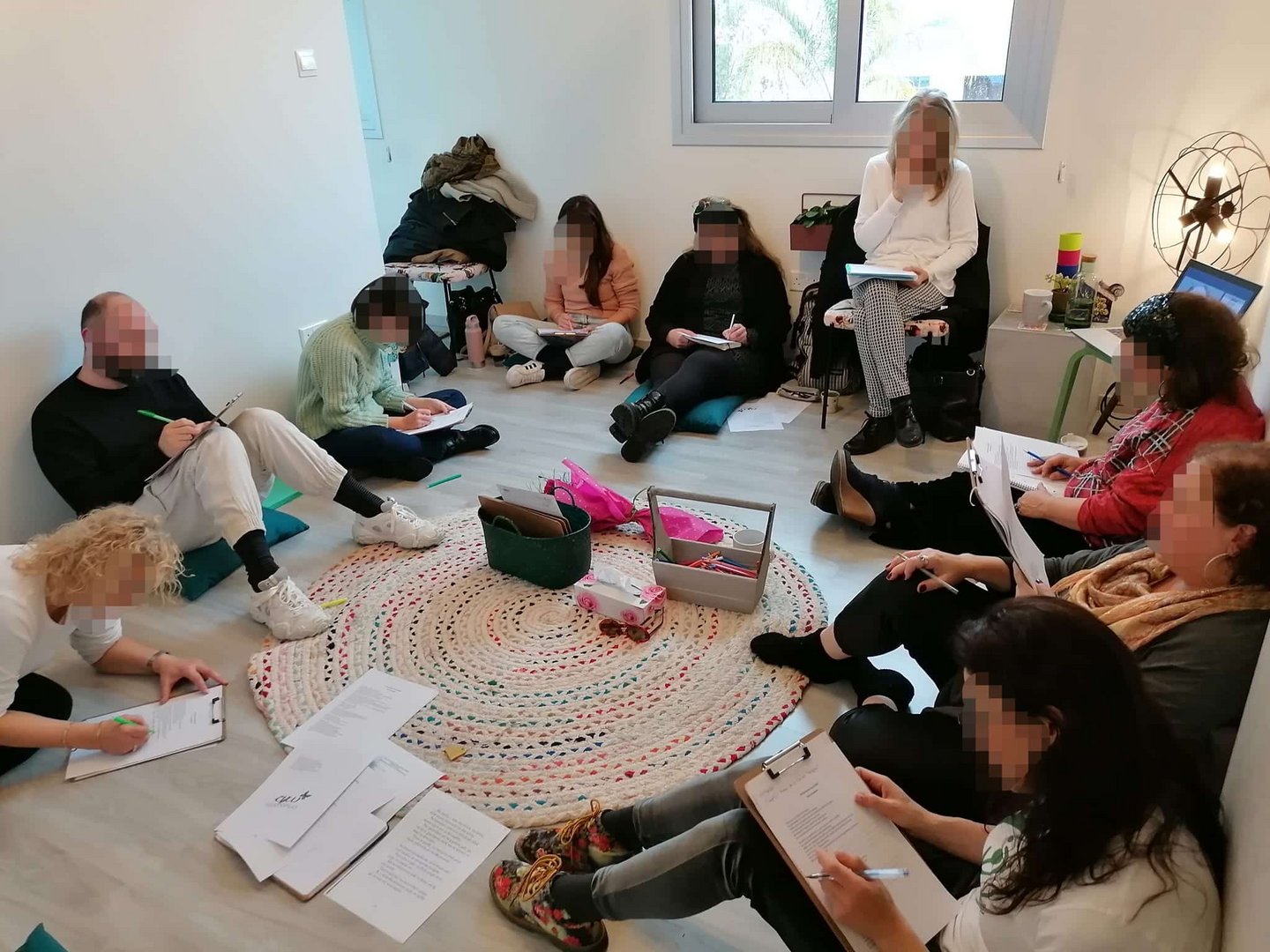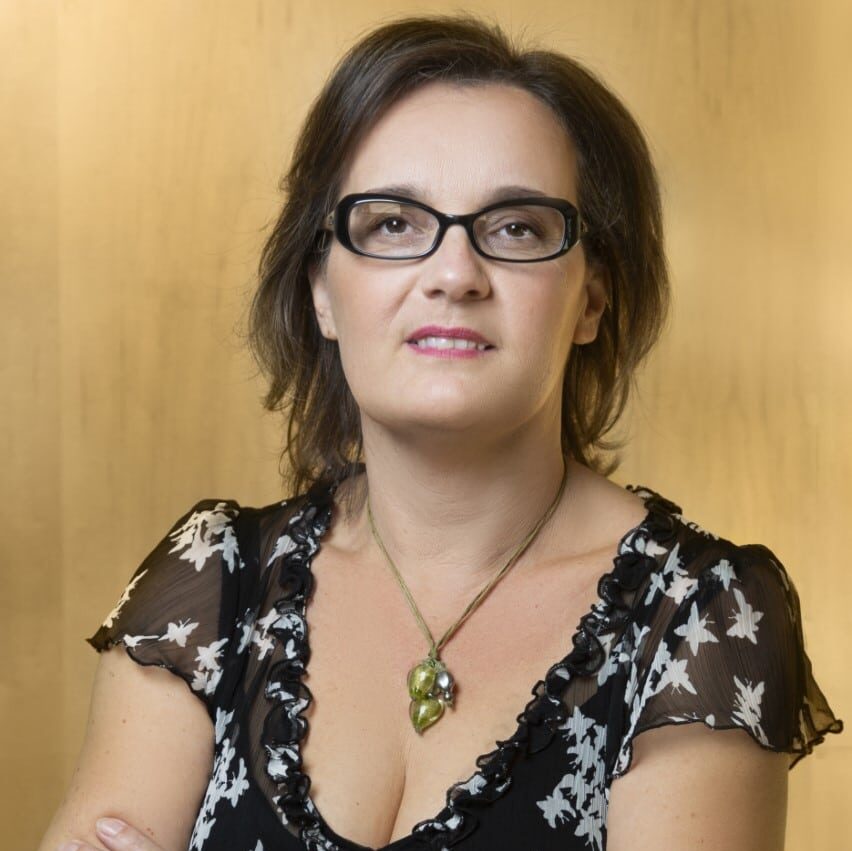Poetry therapy has been around for a century. But in Cyprus, it’s only now being used to treat everything from anxiety to chronic pain finds Alix Norman
The Strand magazine suggests that Maya Angelou’s Still I Rise is the world’s best poem. Poet Brian Bilston, writing in The Guardian, opts for Emily Dickinson’s Hope Is the Thing with Feathers, for its strength to sustain us even in the ‘chillest land / And on the strangest sea’. And greatestpoems.com votes Rudyard Kipling’s If the number one poem ever penned.
Granted, ‘the world’s best poem’ is an entirely subjective matter. If, for example, can be read as an anthem of hope, of justice, of growth, or of victory depending on the reader – and may even change its meaning throughout one’s life depending on what requires of it at the time.
“And this,” says Constantinos Papageorgiou, “is exactly what great poetry does: it reflects the reader’s psychological state. Through the words, we interpret and manage our own experiences and challenges.”
Both a practising psychotherapist and a published poet, Constantinos is marrying his two disciplines in the island’s first Poetry Therapy sessions. “Poetry is an age-old form of self-expression, of realisation and growth,” he explains. “We trust poets to lead us on a journey of self-awareness and healing. And, as anyone who’s ever tried their hand at writing poetry of their own will know, we can trust our own inner poets to clarify our thoughts, feelings, beliefs, concerns and values.”
In his monthly sessions, which take place both in person and online, Constantinos works with groups of between five and 10 participants. Choosing a topic and providing poems for consideration each time, he leads the group through readings and then holds space for discussion.
“But this is therapy, so we’re not simply discussing poems,” he adds. “It’s far more than that. We use the words to help connect with our feelings; to manage our experiences and allow us to see things from a different perspective; to help us heal and cope with whatever we may be going through or have supressed. Poetry therapy is unique in the way it resonates with patients or participants.”
Although this form of psychotherapy has just reached Cyprus, poetry therapy has been around for over a century. In the early 1800s, Dr Benjamin Rush pioneered poetry therapy in sanatoria; in 1928, poet and pharmacist Eli Griefer launched ‘poemtherapy’ groups at two different hospitals. And in 1969, psychiatrist Dr Jack Leedy formed the Association for Poetry Therapy.
“Today, poetry therapy is practised worldwide by hundreds of psychologists, psychiatrists, psychotherapists and counsellors,” says Constantinos. “It’s effective at helping everything from depression to repression, giving patients an avenue to heal trauma, low self-esteem and anxiety. It’s even,” he adds, “been shown to aid the recovery process for those suffering from more physical issues: recent research has shown that expressive writing can improve chronic pain, boost a weakened immune system, and reduce high blood pressure.”
Constantinos himself has experienced the positive effects of writing poetry. “In school, I was never drawn to poetry,” he explains. “The teacher would present us with a poem and then provide us with the correct interpretation – a methodology that dismisses personal feeling or interaction. So it wasn’t until I was 18 that I wrote my first poem; a simple ode that helped me address a challenging incident and make sense of my own feelings.”
Since then, the 41-year-old has written thousands of poems. He’s represented Cyprus at international poetry competitions; been awarded Young Poet of the year by the Cyprus Writers’ Union; and has published three books of poetry – the last, entitled Anthropocene, released in December.
“Writing and reading poetry trains you to become more analytical in your thinking, more aware of your thoughts,” he explains. “It’s like a mindful mirror that helps attribute meaning to life, a tool that allows us to reflect on, to understand and cope with our feelings, thoughts and behaviours.”
As a licensed psychotherapist, Constantinos is guiding others towards these same benefits in his poetry therapy sessions. “Firstly, you’re benefiting from the group setting: you realise you’re not alone; that what you’re experiencing is felt by others – it’s normal. That’s exceedingly therapeutic. Secondly, you derive personal meaning from the text: you connect with the poet, someone who can articulate your emotions. It’s very touching to see people experience a poem that, perhaps for the first time, expresses what they have been feeling their whole lives. And thirdly, when we analyse the poem through fruitful conversation and disagreement, we help participants reflect on how they process issues within their own lives.”
The group also looks at writing their own texts – “a task,” says Constantinos, “that changes each month. For example, we may write a letter to our anxiety, talking directly to it. We might fill in the gaps in a poetry excerpt, allowing the poem to become a canvas onto which we can project our own thinking. Or perhaps we imagine the poet’s words are a personal conversation, and suggest our responses.
“And lastly, we share these writings texts – not an obligatory step,” he notes, “but nevertheless an important moment. Through writing, we clarify our feelings; by sharing our words, we experience great relief – it’s a way to help express, heal and manage supressed emotion. Poetry is a springboard for self-realisation; it’s highly therapeutic. And through it, we can tackle important issues…”
Each month, Constantinos chooses a new topic for his sessions. “We’ve looked at intimate relationships, at negative feelings, at childhood trauma,” he explains. “The February 11 session will cover bereavement – using poems chosen specifically to address personal grief.”
As the sessions are held in Greek, Constantinos translates the poetry into English himself. But poetry from any language can be beneficial, as long it prompts us to examine our thoughts and feelings. “This,” says Constantinos, “is what the greatest poems do: they reflect our own lives; normalising our issues and teaching us we’re not alone in what we feel.”

For more information, visit the Facebook page ‘ΘΕΡΑΠΟΙΗΜΑ: ομαδική ψυχοθεραπεία μέσω ανάγνωσης και γραφής’ or call Constantinos directly on 95 723757








Click here to change your cookie preferences